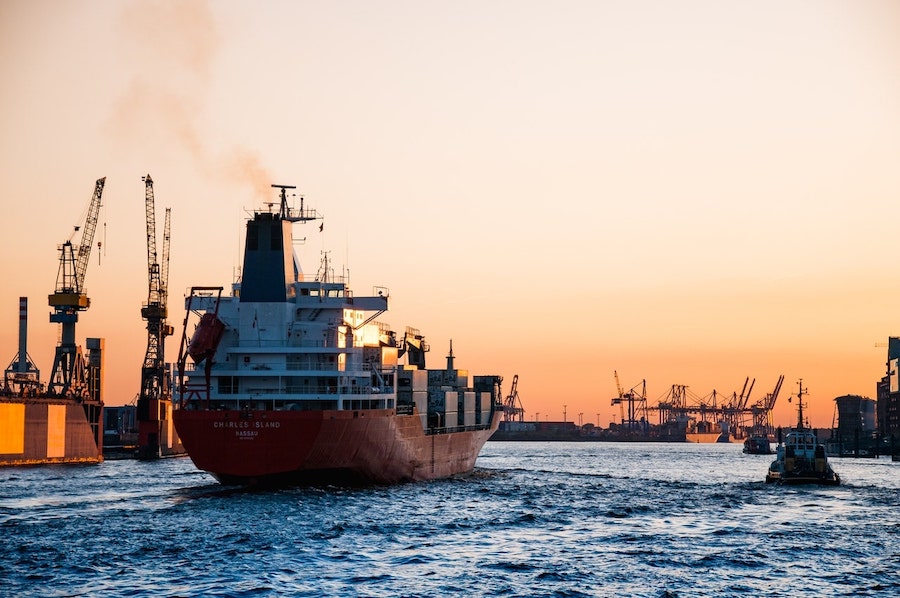Modern coffee transportation features moisture-proof shipping boxes, fast motor-fueled travel times and GPS tracking, but of course it hasn’t always been this way. In fact, we have antiquated shipping methods to thank for one of the world’s more unique coffees: India Monsooned Malabar.
While many people associate India with tea growing, it has been growing high-quality Arabica for more than 150 years and is the world's fifth-largest producer of Arabica beans, behind Brazil, Colombia, Mexico and Ethiopia.
This unusual coffee came about because of the long travel times from India to Europe. Schooners laden with coffee and other goods from India and East Asia had to pass around Africa's Cape of Good Hope, which could take four to six months. Stored in the hulls of ships, where moisture from the sea often seeped in, the beans would be transformed, to the eye and in the cup, by the time they reached ports in Europe. What had been a bright, acidic coffee was now a smoother, softer and fuller cup.
As sea transport became more efficient, and ship’s hulls became insulated, the effects of transport were minimized—but European palates were already set. Customers missed the tastes they associated with coffees from India, and their demands ultimately transformed coffee processing in India, where producers learned to artificially recreate the conditions that had led to the original profiles.
Today, the process is near to a science. After harvesting and wet hulling, beans are stored in concrete or wooden store houses in layers 4 to 6 inches deep. Over 7 to 10 days, the beans are turned with wooden rakes each day, to prevent spoiling and bring the moisture content down to 11 percent.
Next, the beans are transferred to “windrows"—jute sacks that are arranged in rows in well-ventilated brick or concrete-floored warehouses, during the summer moon months. For two to three weeks, the beans absorb water from the winds and their moisture levels rise to approximately 17 percent. In doing so, they swell to nearly double in size and turn pale and brittle. Their acidity is also reduced, leading to a taste profile that’s smooth and earthy.
Finally, producers carefully tip the beans back and forth between bags, to encourage airflow and lower the beans' moisture levels down to 13 percent.
Once the beans have undergone this transformation, their parchment is removed and they're graded, bagged and shipped around the world. In state-of-the-art shipping vessels. •
—
Current-crop India Monsooned Malabar arrived in early December and more is afloat. Our QC team shares that it's "earthy, musky, clean and consistent." Please contact traders.iacus@nkg.coffee for more details or to request a sample.

